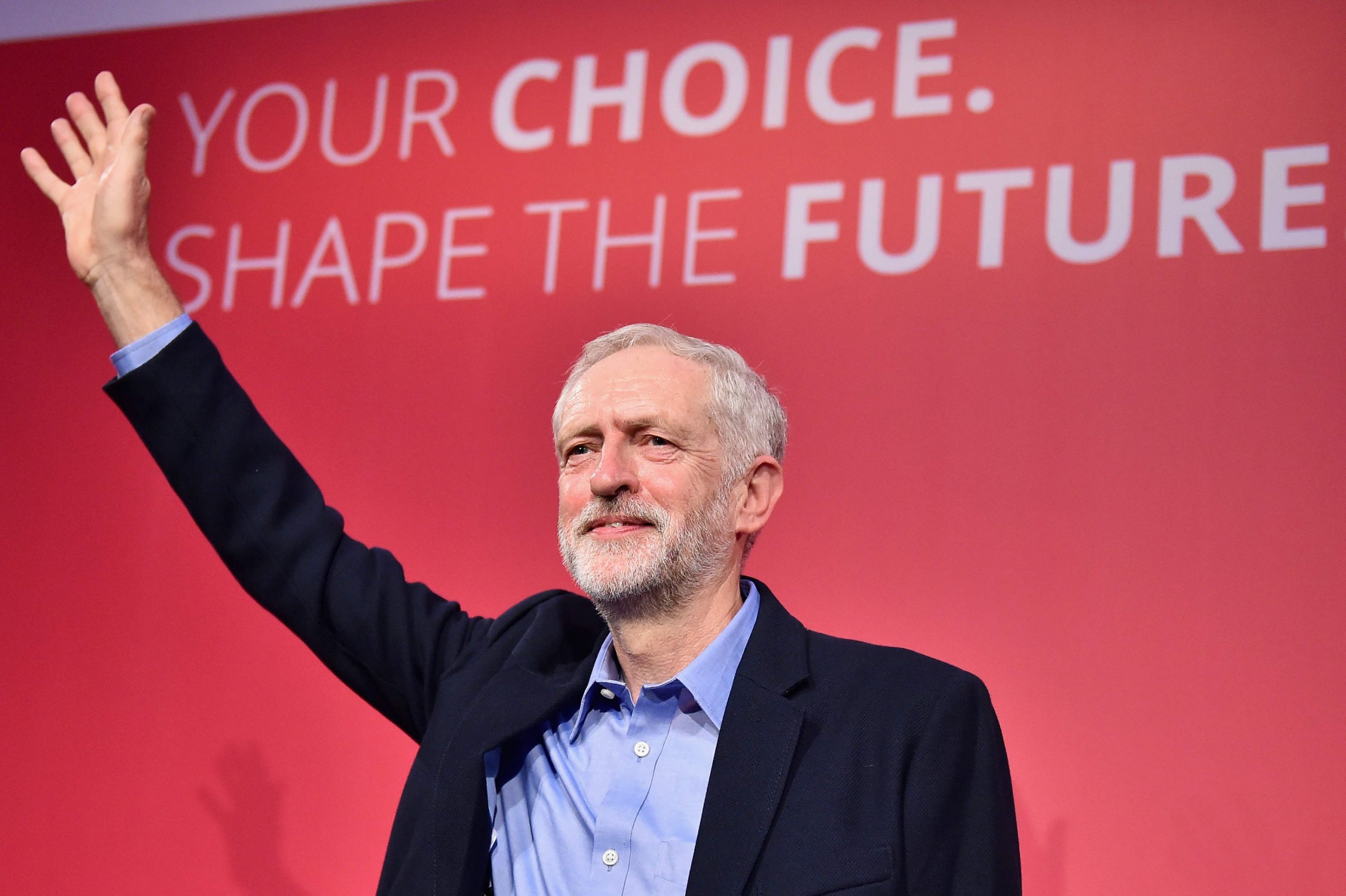
The Labour Party has been shaken, but not yet enough. A Progressive Wave now carries all before it.
What did anyone think was going to happen – that Labour could defy the laws of political gravity? That the 2008 crash and austerity for the victims and high pay for guilty, house prices beyond the reach of flat-lining wages, huge university debts and no jobs, massive public service cuts and Iraq would carry no eventual consequence? That Scotland, Spain, Greece, Ukip and the Green surge were harbingers that could be dodged? That a mind numbingly dull political culture of conformity, caution and conceit could be swallowed forever? That business as usual could just go on and on?
So while we couldn’t see the precise nature of the earthquake that was about to hit Labour – we all knew in our bones that something was badly wrong. Jeremy Corbyn was the spark in the long dry summer grass. The field is now ablaze.
Politics now changes so fast as social upheaval and social media combine to create a politics of surges, bubbles and waves. Think of politics as the ice bucket challenge – unexpected issues and people come from nowhere, burst into life and then subside – unless we understand how to harness the power of these ceaseless waves into renewable political energy.
While Labour’s past has now caught up with it, and as fascinating, exciting and yes daunting as the Corbyn win is, Labour has still swerved round not just its head on collision with the British public last May but the car crash of social democracy with history. Jeremy Corbyn is not the reason for Labour’s crisis. The malaise is much deeper. It’s not just that the party is now way out of step with vast tracks of the country on austerity and immigration, it’s that no social democratic party anywhere in the world is intellectually, organizationally and electorally on the front foot. It’s an electoral and existential crisis rolled into one.
Clearly the politics of triangulation and chasing the Tories with a human face has failed. More important than winning is knowing why you want to. Dreams are where all change comes from. A party that says it’s only about maximising votes is like a firm maximising profit – they fail. We need purpose. But we at least need to know what people think and where they are before we try to pull them in our direction and we have to understand the crisis deep crisis of social democracy.
Everything that once made Labour strong, a coherent working class and strong trade union movement, the big state, confined national borders and the existence of the Soviet Union as a real threat to capitalism, have all gone. In their place come globalization, consumerisation and individualization. Power and politics have been separated as the private now trumps the public. On this terrain there is no safe ground for Labour – the roof was always going to fall in.
In its early days New Labour showed some sign of understanding the scale of the challenge. But it chose the wrong path and just kept going. Over the summer none of the establishment candidates gave any hint they understood the scale of the crisis today. Andy never said why he would be different to Ed, Yvette from Gordon or Liz from Tony. To be fair, Jeremy never said why he would be different to the other Tony – but some things go so far out of fashion they slip back into vogue.
Corbyn was the only offer that could break the spell that was suffocating Labour. At last we could reach the surface, gulping the oxygen of hope and change, but do so amid the burning wreckage of a party unfit for the challenges of the 21st century. How on earth will all those new fluid and fleeting members and supporters locate themselves around such a fixed and rigid party structure? The crowed sourced PMQs was a signifier of what is needed – but the transformation to an open and self-managed party/movement feels very far off.
What lies ahead will be as turbulent as it is unexpected; as good as it is bad. Compromise and disappointment is inevitable – humility and honesty will be essential to navigate the future. Anyone who thinks the party can go back to old certainties is badly mistaken. New Labour was a one-time trick that could be turned only when the economy and Labour politics momentarily aligned in the mid 1990s. Normal service will not be resumed. If Corbyn is taken down then the backlash could make the summer look like a picnic. Thousand more could join to determine another unexpected twist or turn. The party is now beyond old factional control. Organisations like Progress are just small boats bobbing on an ocean way beyond anyone’s direct influence. The diaspora of Occupy, UK Uncut and Climate Camp who helped fuel the Corbyn wave proved much more effective in terms of networking and campaigning.
But whether Labour can become more like Podemos or Syriza is very uncertain. Labour is a creation of particular set of forces and conditions – rooted in union free collective bargaining and top down Fabianism. It can bend but only so far. Just look how the community organizer Arnie Graf was chewed up and spat out.
Labour is a Kodak party in an Instagram world. Its new friends might “Like”’ it but they won’t marry into it till death do us part. The Progressive Wave will keep rolling, a life force of its own, and all we can do is work out how to surf it by being open, respectful, honest and authentic. Jeremy has its attention and therefore its energy – for now.
Votes in London, on Syria, the Euro referendum and a host of issues we can only guess at lurk just over the horizon. Labour has the chance to join the 21st century. Can it? Will it?






